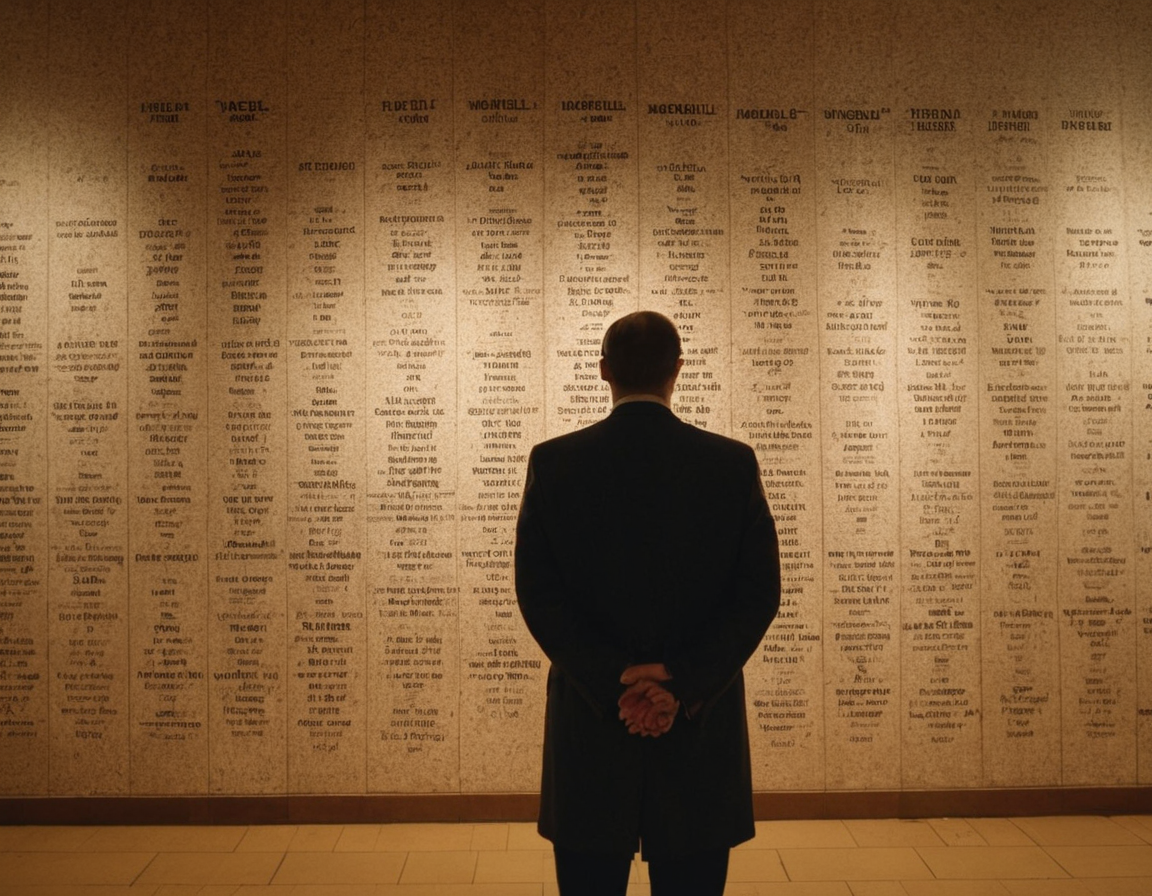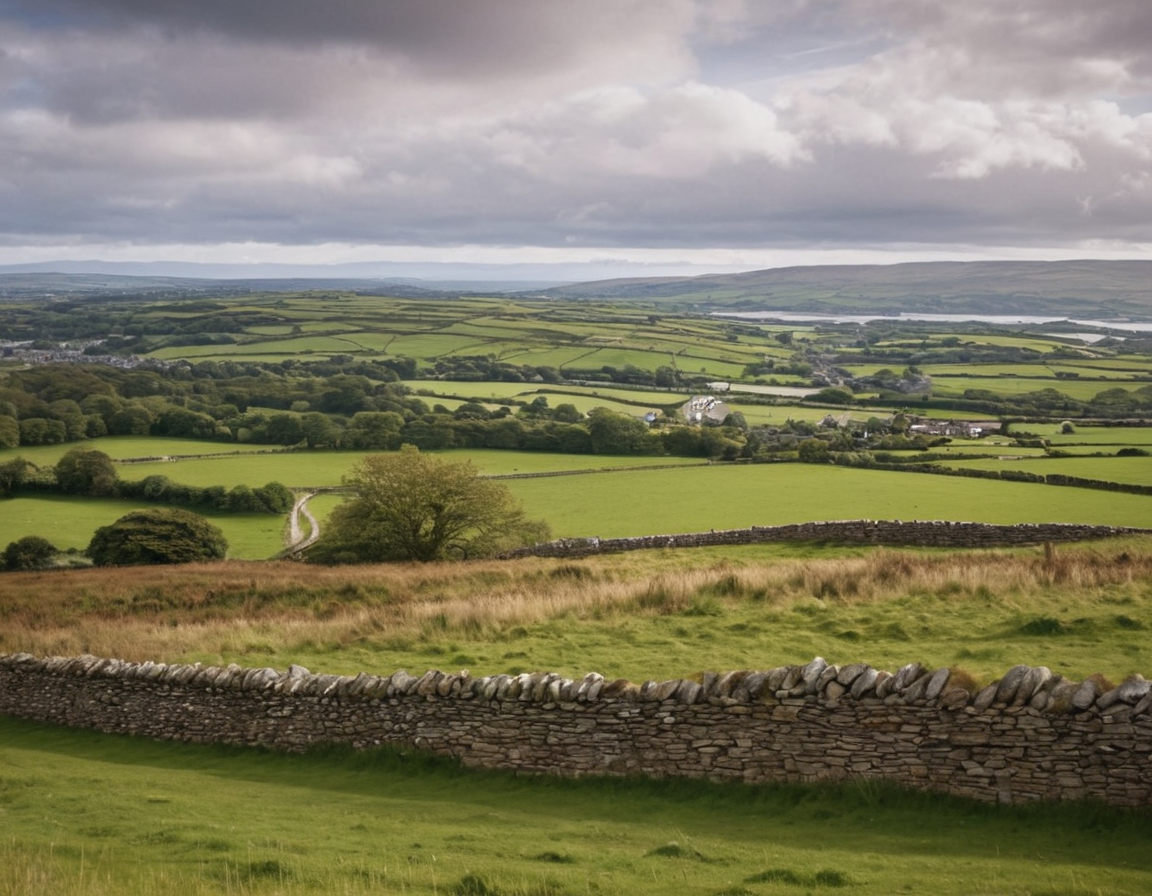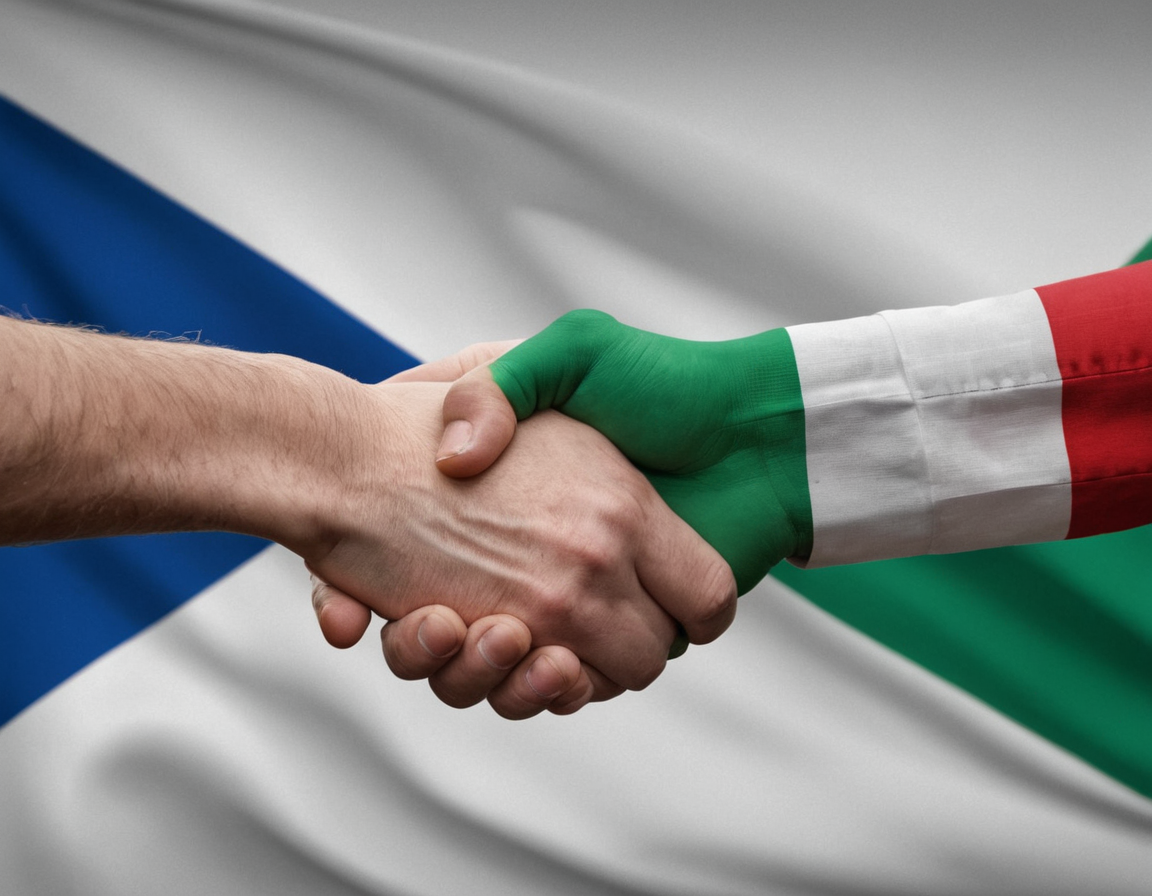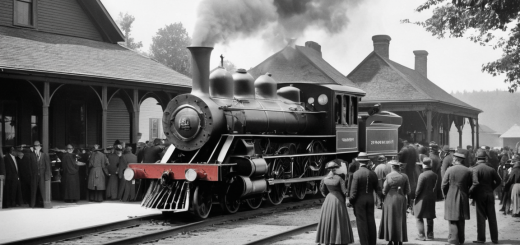Reflecting on the Tragedy of the Kingsmill Massacre: Lessons Learned 47 Years Later
Understanding the Echoes of the Kingsmill Massacre
The Kingsmill Massacre remains one of the most harrowing reminders of the sectarian violence that once engulfed Northern Ireland. On January 5, 1976, the lives of ten innocent workmen were brutally taken in an attack that shock Many years later, the reverberations of this tragic event continue to be felt, raising questions about reconciliation, justice, and the legacy of political conflict.

Background of the Kingsmill Massacre
The Kingsmill Massacre unfolded during the tumultuous period known as the Troubles—a term that scarcely reflects the intensity and agony of the decades-long conflict that dominated Northern Ireland. The sectarian strife pitted nationalist and unionist communities against each other, often escalating into violence. The Kingsmill attack was a grim punctuation in a cycle of tit-for-tat reprisals that had spiraled out of control during that time.

Current Relevance: A Lasting Scar
Today, as Northern Ireland continues to build upon the fragile peace established by the Good Friday Agreement in 1998, understanding and remembering events like the Kingsmill Massacre is essential in preventing the recurrence of such violence. The massacre is not just a historical footnote; it is a wound that has shaped the social and political landscape of the region.
Expert Opinions on Collective Memory and Justice
Experts on conflict resolution stress the importance of collective memory and justice in post-conflict societies. The pursuit of truth and the acknowledgement of suffering are vital steps towards reconciliation. The lessons gleaned from the Kingsmill Massacre resonate far beyond Northern Ireland, offering insights into the complex processes of healing and forgiveness in divided societies.

Real-World Impact: Survivors and Families
The families of the victims and the survivors of the Kingsmill Massacre live with the legacy of that day etched into their lives. Their stories illuminate the deeply personal toll of political violence, serving as powerful reminders of the cost of conflict. The ongoing quest for justice and the efforts to hold perpetrators accountable continue to evoke powerful emotions and highlight the necessity of a robust legal and societal response to acts of terrorism.
Future Outlook: Building Bridges
The path to a more peaceful future hinges on efforts to bridge the sectarian divide that still lingers in some parts of Northern Ireland. Initiatives that foster dialogue, understanding, and cooperation between communities are key to ensuring that the horrors of the past are not revisited. Remembering the Kingsmill Massacre not only honors those who were lost but also reinforces the commitment to a society rooted in tolerance and mutual respect.

As we grapple with the complex histories of conflicts around the world, the Kingsmill Massacre stands as a testament to the resilience of the human spirit in the face of adversity. By learning from the past, we can forge a future where peace and justice are not just ideals, but realities for all.

This reflection on the Kingsmill Massacre encourages us all to ponder the value of human life, the significance of justice, and the power of reconciliation. Let us continue to strive for a world where such tragedies are consigned to history, and never again become the reality of the present.






